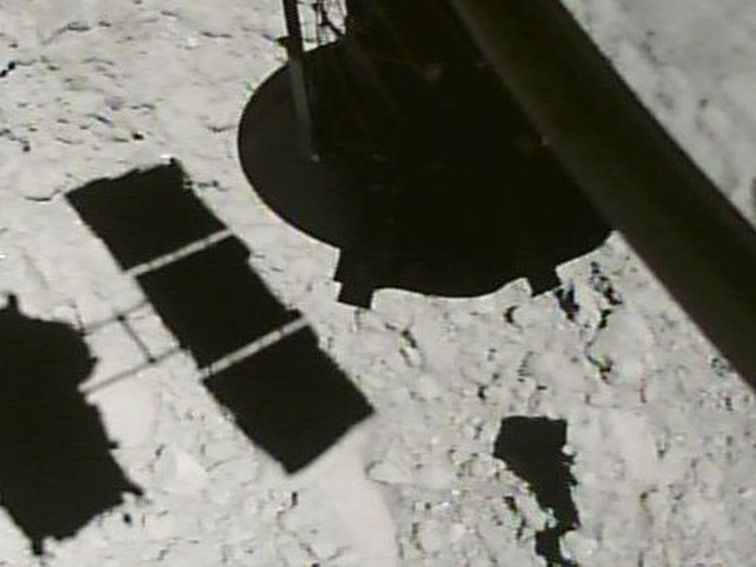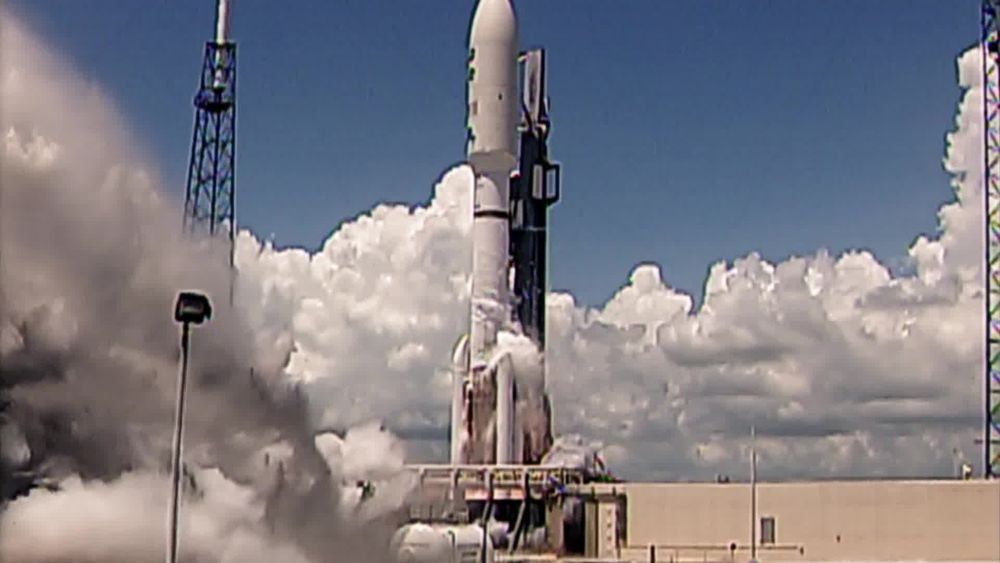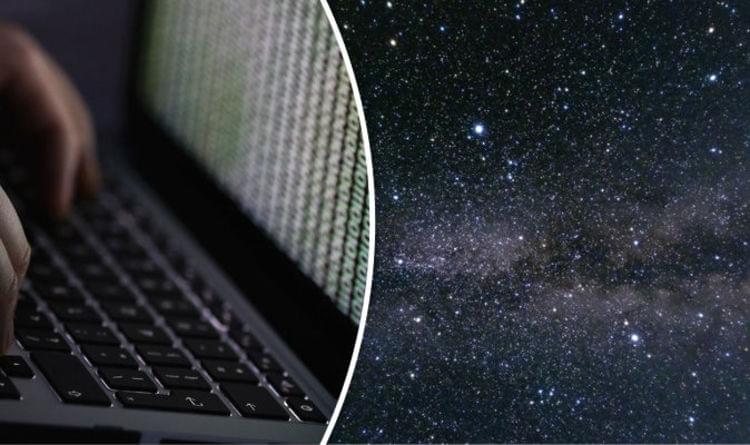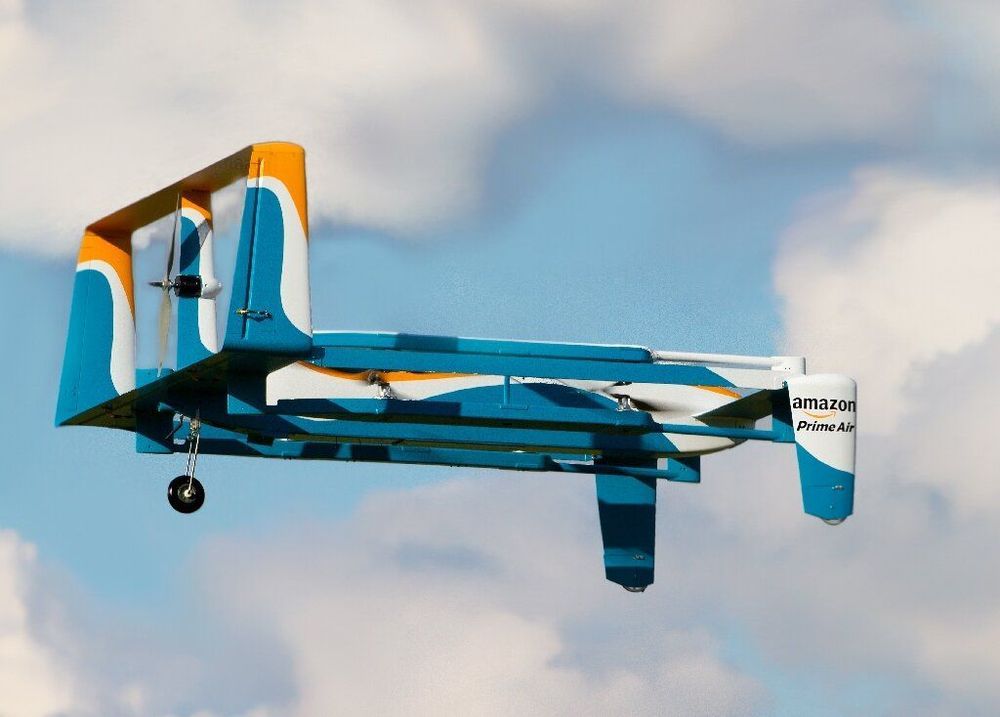The Japanese asteroid-hunter had another photo opportunity when it dropped a target marker on asteroid Ryugu.






A beautiful abyss. This view of an area within a Jovian jet stream includes a vortex with an intensely dark center. Nearby, other features display bright, high altitude clouds that have puffed up into the sunlight.
I took this color-enhanced image on May 29, 2019, as I performed my 20th science flyby of Jupiter. At the time, I was about 9,200 miles (14,800 kilometers) from the planet’s cloud tops. Citizen scientists Gerald Eichstädt and Seán Doran created this image using data from the JunoCam imager. Details: https://www.missionjuno.swri.edu/news/jupiter_abyss



The protocol, dubbed Walk Again Neuro-Rehabilitation (WA-NR), first uses EEG to record and control virtual avatars and robotic exoskeleton walkers while the patient wears a “tactile shirt” that offers them sensory feedback. This stimulation theoretically teaches damaged nerves to reroute their motor functions to healthy ones. Following the program for just three years, the patients—some paralyzed for decades—dramatically regained sensation in their lower limbs. They could feel where their legs were in space and better control their lower limbs. Some even reported feelings of normal, welcomed pain after a sharp jab.
The current study, published in Scientific Reports, takes neurorehab a step further. In two patients from the original cohort, the team further trained and examined their neuro-recovery in detail. Patient P1 was a middle-aged man paralyzed for 4.5 years at the onset of the study; P2, a 32-year-old, had been paralyzed for a decade. Although trained with WA-NR, both patients scored on the low end of overall movement, with the ability to extend their knees at most.
For each training session, the patients wore an EEG cap to measure movement intent and had eight electrodes placed on the skin of each leg to stimulate muscles. Simultaneously they wore a haptic shirt, which gave them a sense of their body in space by stimulating their forearms.

Amazon said Wednesday it expects to begin large-scale deliveries by drone in the coming months as it unveiled its newest design for its “Prime Air” fleet.
Jeff Wilke, head of Amazon’s consumer operations, told the company’s Machine Learning, Automation, Robotics and Space conference in Las Vegas that drones would play a role in ramping up efforts to shorten delivery times for many items to just one day for Amazon Prime members.
“We’ve been hard at work building fully electric drones that can fly up to 15 miles (25 kilometers) and deliver packages under five pounds (2.3 kilos) to customers in less than 30 minutes,” Wilke said in a blog post.